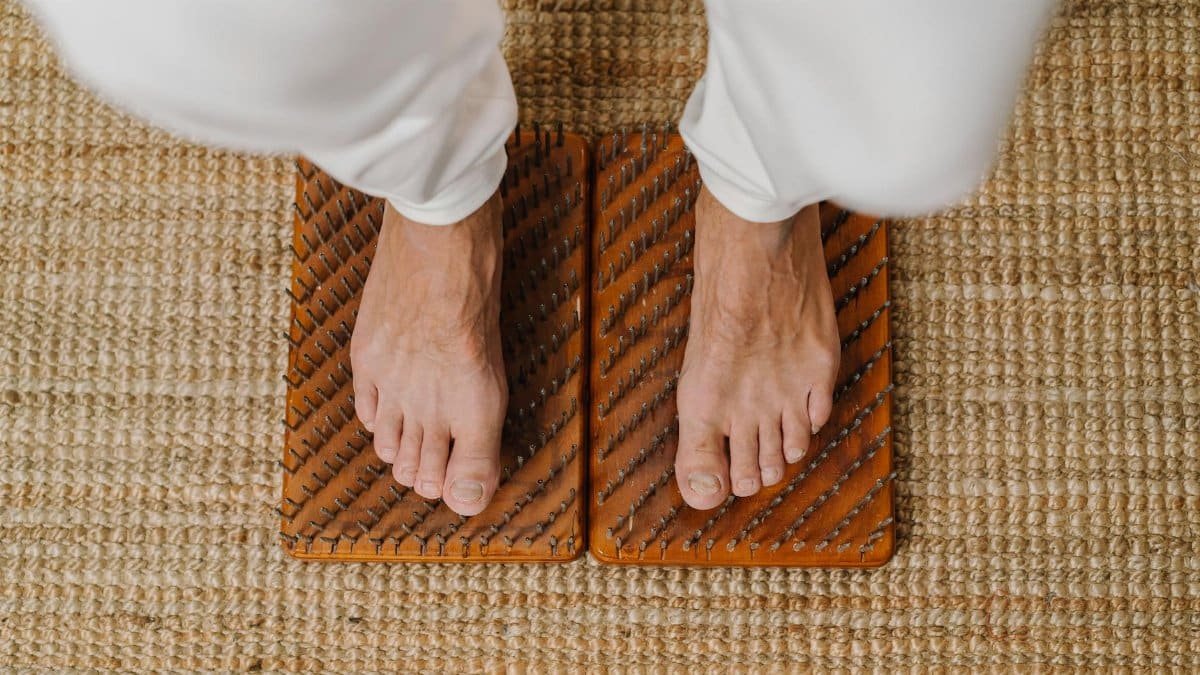Is mind-body healing the key to unlocking deeper spiritual growth? As more people seek holistic ways to manage stress and enhance well-being, this approach—connecting mental and physical health—has gained traction. It’s not just about relaxation; it’s a powerful tool for self-regulation, which many spiritual teachers argue is the bedrock of any meaningful practice. By aligning body and mind, individuals can cultivate the awareness needed to navigate life’s challenges with clarity and purpose. Let’s break down how mind-body healing serves as a foundation for spiritual progress.
Defining Self-Regulation in Spiritual Context

Self-regulation is the ability to manage emotions, thoughts, and physical responses effectively. In spirituality, it’s often seen as the first step toward inner peace. Without control over impulsive reactions or stress, deeper practices like meditation or mindfulness can feel out of reach. Mind-body healing bridges this gap by using techniques like breathwork or body awareness to ground individuals, creating a stable base for spiritual exploration.
The Role of the Nervous System

The nervous system plays a critical role in self-regulation. Practices rooted in mind-body healing, such as yoga or progressive muscle relaxation, directly impact the autonomic nervous system, shifting the body from fight-or-flight to rest-and-digest mode. Research from institutions like Harvard Medical School supports this, showing how such methods reduce cortisol levels and improve emotional balance. Learn more at Harvard Health.
Building Awareness Through Physical Connection

Spiritual growth often starts with noticing—really noticing—your body. Mind-body healing encourages tuning into physical sensations as a way to anchor the mind. For instance, feeling your feet on the ground during a stressful moment can pull you back to the present. This heightened awareness is essential for practices like mindfulness, which require sustained focus and presence.
Emotional Resilience as a Spiritual Tool

Self-regulation through mind-body techniques builds emotional resilience, a cornerstone of spiritual practice. When you can calm your mind during turmoil, you’re better equipped to reflect on deeper questions of purpose or connection. Studies by the National Institutes of Health show that mindfulness-based interventions improve emotional regulation over time. Check the findings at NIH.
Practical Steps to Start Healing

Getting started with mind-body healing doesn’t require hours of effort. Begin with five minutes of deep breathing each day to reset your nervous system. Add a simple body scan—mentally checking in with each part of your body—to notice tension. These small acts of self-regulation can pave the way for deeper spiritual practices, grounding you in the moment.
Why It Matters for Spiritual Depth

Without self-regulation, spiritual practices can feel like empty rituals. Mind-body healing ensures you’re not just going through the motions but truly engaging with your inner self. It’s about creating the internal stillness needed to connect with something greater, whether that’s through prayer, meditation, or personal reflection. In 2025, as stress levels continue to rise, this foundation feels more vital than ever.
